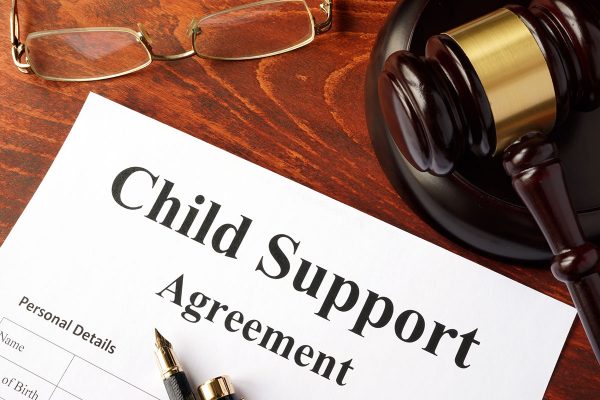In part one, we discussed who is a parent in relation to parenting orders for spending time and communicating with children under the Family Law Act 1975 (Cth) (FLA). The question is also relevant in relation to the payment of Child Support. Aside from in the biological context, it has arisen where artificial conception or surrogacy has led to the birth of a child. In some instances, where the donors are known, claims have been made against donors, even though they donated on the basis that they would not have an active role as a parent and would not be liable for payment of child support.
Some clarity in the FLA
This issue was largely put to bed after the amendment to section 60H of the FLA, which specifies that the donor is not a parent, as the definition of parent in section 5 of the Child Support (Assessment) Act 1989 (Cth) (CSA) takes on the FLA section 60H definition for children born from an artificial conception procedure or surrogacy arrangement.
Case example – prior to the amended definition of parent in the FLA
In B v J (1996) FLC, two women had two children after a friend agreed to donate sperm. The women and their friend agreed he would not have any responsibilities in parenting or financially supporting any children born as a result of his donating sperm. The mother was in receipt of welfare payments.
Declared not liable to pay child support
The Department of Social Security (now the Department of Human Services) wrote to the mother and said they would stop her pension payments unless a claim for Child Support was made against the biological father, who had consented to be named on the birth certificates of the children. She informed the donator and he made a successful application to the Family Court seeking a declaration that he was not a person from whom payment of child support was entitled to be sought.
Can’t agree laws won’t affect you
However, comments were made that a parent may not enter into an enforceable pre-conception agreement to overrule the CSA as the community would be adversely affected if a person was able to waive a ‘right’ to seek financial support from a child’s parent, and further, children have rights to support from their parents, which was highlighted in the following case example.
Case example – after the definition of parent amended
In Bateman v Kavan in (2014) the court made it clear that, just because a child was not born from sexual intercourse nor into a typical marriage or de facto relationship, a parent’s responsibility to a child cannot be avoided. The biological mother and father were not in a de facto relationship before, at the time of, or after conception. The father had encouraged the mother to have a child. The father had a previous child and the family life was largely intermingled. The children and parents spend time together regularly.
Rights of children
The Australian Human Rights Commission (“the Commission”) intervened and made submissions in relation to the rights of the child. The rights of children under the International Convention on the Rights of the Child include to know their parents socially, psychologically, emotionally, medically, and financially.
The Commission submitted that the Child Support Registrar relied on a narrow interpretation of “parent”, consistent with older decisions such as B v J, discussed above. They submitted this definition is narrower than the definition of “parent” for the purposes of the FLA, resulting in an ambiguity in how the CSA deals with determining who should be a parent. The Commission further submitted that the ambiguity could be resolved in favour of an interpretation of “parent” that would be consistent with the FLA that would promote the human rights of children born from artificial conception procedures as it would be more aligned with a child’s right to recover maintenance from his or her parents, under article 27(4) of the Convention on the Rights of the Child.
Declared liable to pay Child Support
The mother’s application for Child Support was rejected on the basis that the father was not a liable person under the CSA. The mother appealed against Child Support finding that the father was not a liable parent. The court found that the father was not able to “opt out” of financial care of this child on the basis that he and the mother were not in an exclusive traditional type relationship. The parties agreed by consent that the father should be assessed to pay child support.
Conclusion
Though the above are guiding principles, unique circumstances are usually present in each individual case. If you require legal advice on parenting issues, Longton Legal has a dedicated family law team happy to assist you with your enquiry.




